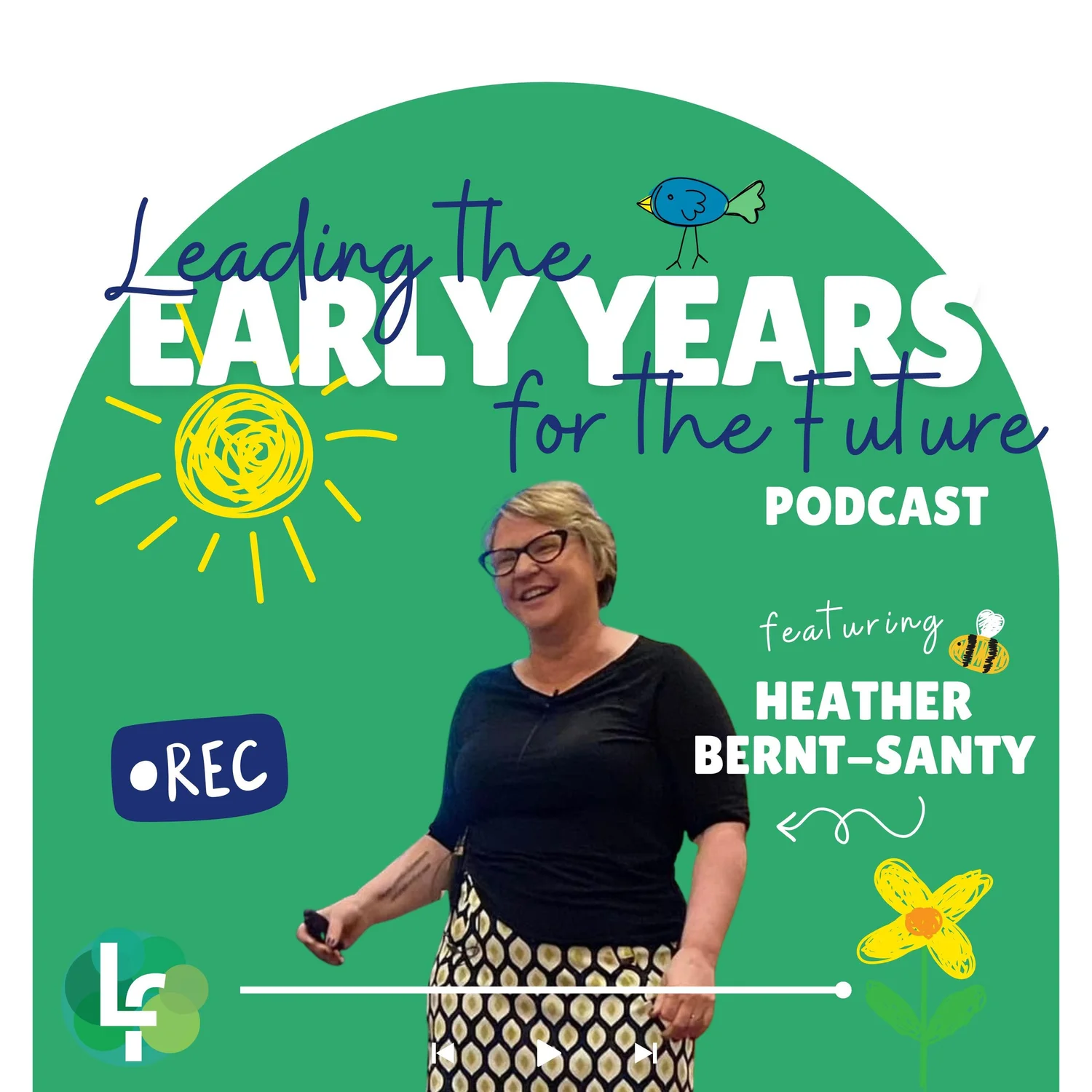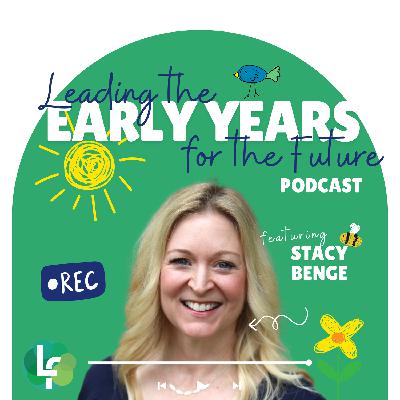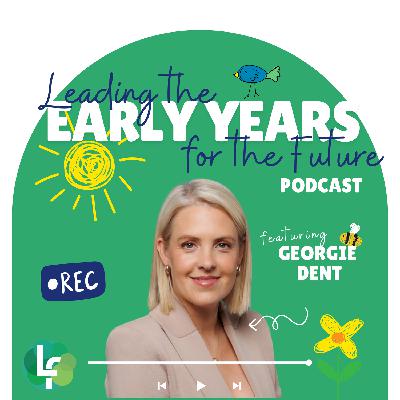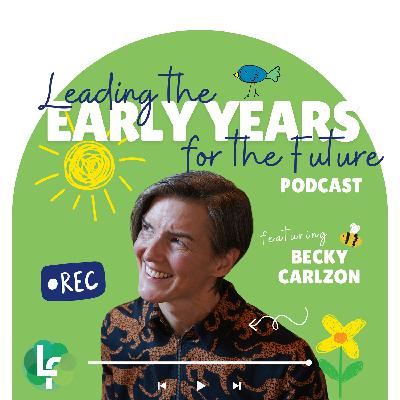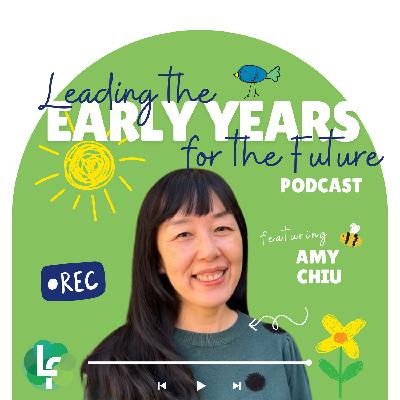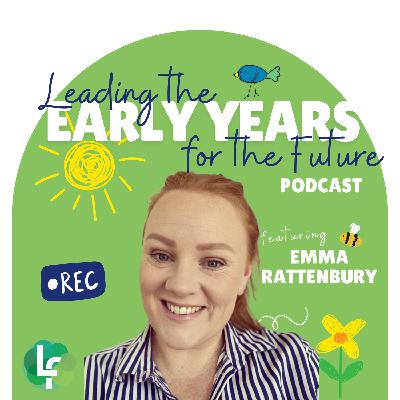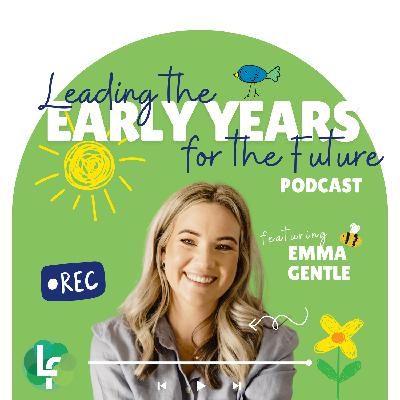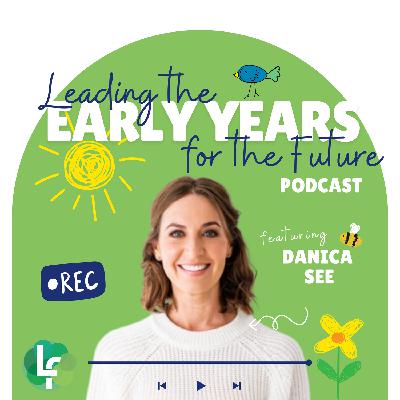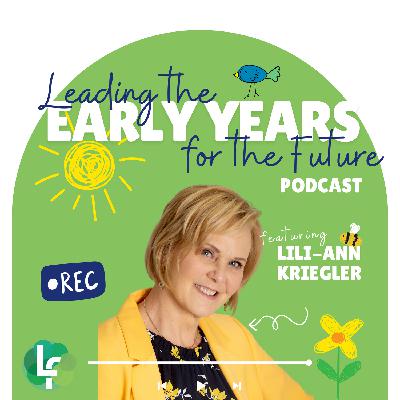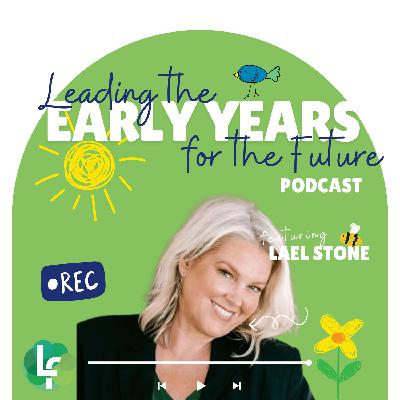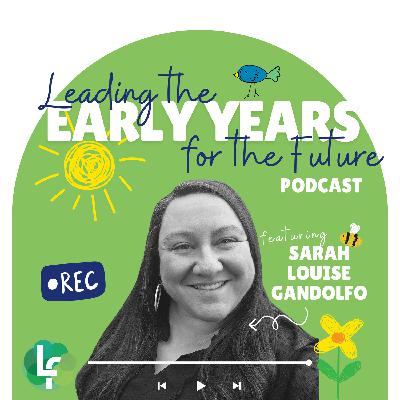What does true inclusion look like when viewed through the eyes of families, educators, and allied health professionals—together?Are we unintentionally maintaining silos in early childhood support by clinging to language, systems, or assumptions that exclude?📋 Episode Summary (Show Notes)In this rich and reflective episode of Leading the Early Years, host Amie Fabry speaks with Blake Stewart—lecturer, new author, and Director of Engagement at Reimagine Australia. Blake brings a powerful blend of lived practice, sector-wide advocacy, and systemic insight into the inclusion of children with disabilities, developmental differences, and neurodivergence.Together, they explore:The evolving meaning of inclusion and the concept of “inclusion confusion”The critical role of language as a gateway to inclusionBlake’s passion for co-design, where educators, families, and allied professionals collaborate equitablyHis journey from early childhood teacher to advocate, lecturer, and policy contributorNavigating the challenges of advocacy, emotional resilience, and reflectionThe importance of personal renewal, “white space,” and slowing down to lead with intentAbout Blake Stewart:Blake Stewart is a dedicated teacher, lecturer, author, and advocate with over 12 years of experience in Early Childhood Education and Early Childhood Intervention. Holding a Bachelor of Early Childhood Education (Birth – 5 years) and a Graduate Diploma in Health Studies (Occupational Therapy), Blake is passionate about embedding inclusive, evidence-based practices into early childhood settings. Blake has led national initiatives focused on early childhood inclusion, and sector-wide capability building, ensuring children with disabilities, developmental differences, and neurodivergence can realise their potential.Stay Connected with Blake Stewart:LinkedInAMBA Press: The Inclusive Early Childhood EducatorEarly Childhood Australia: The Inclusive Early Childhood EducatorStay Connected with Dr Amie Fabry:LinkedInSubscribe to Leading the Early Years for the Future for more insightful conversations!🎧 Tune in now and discover how to lead with purpose, creativity, and collaboration!Hire this host via hello@thelearningfuture.com



